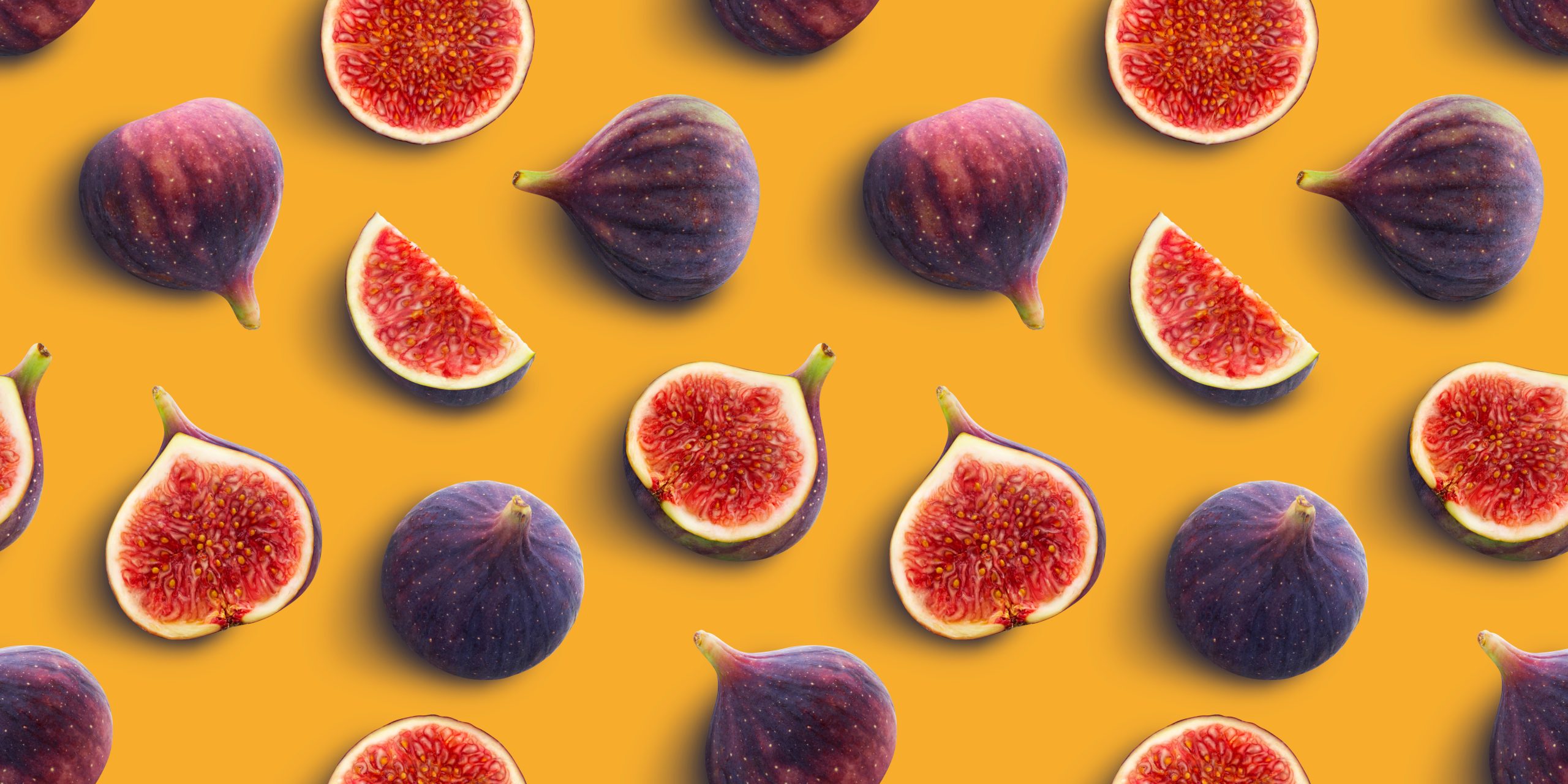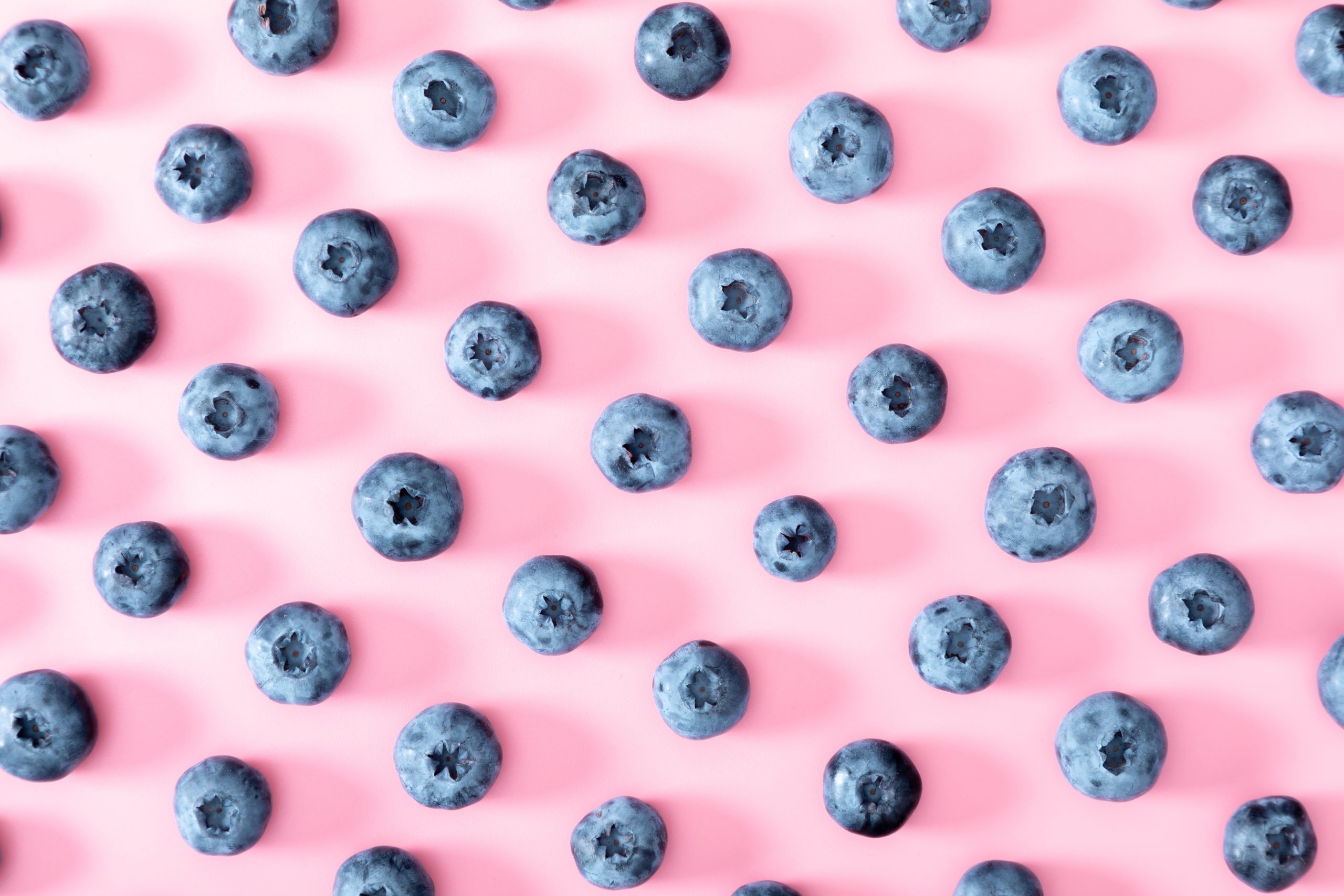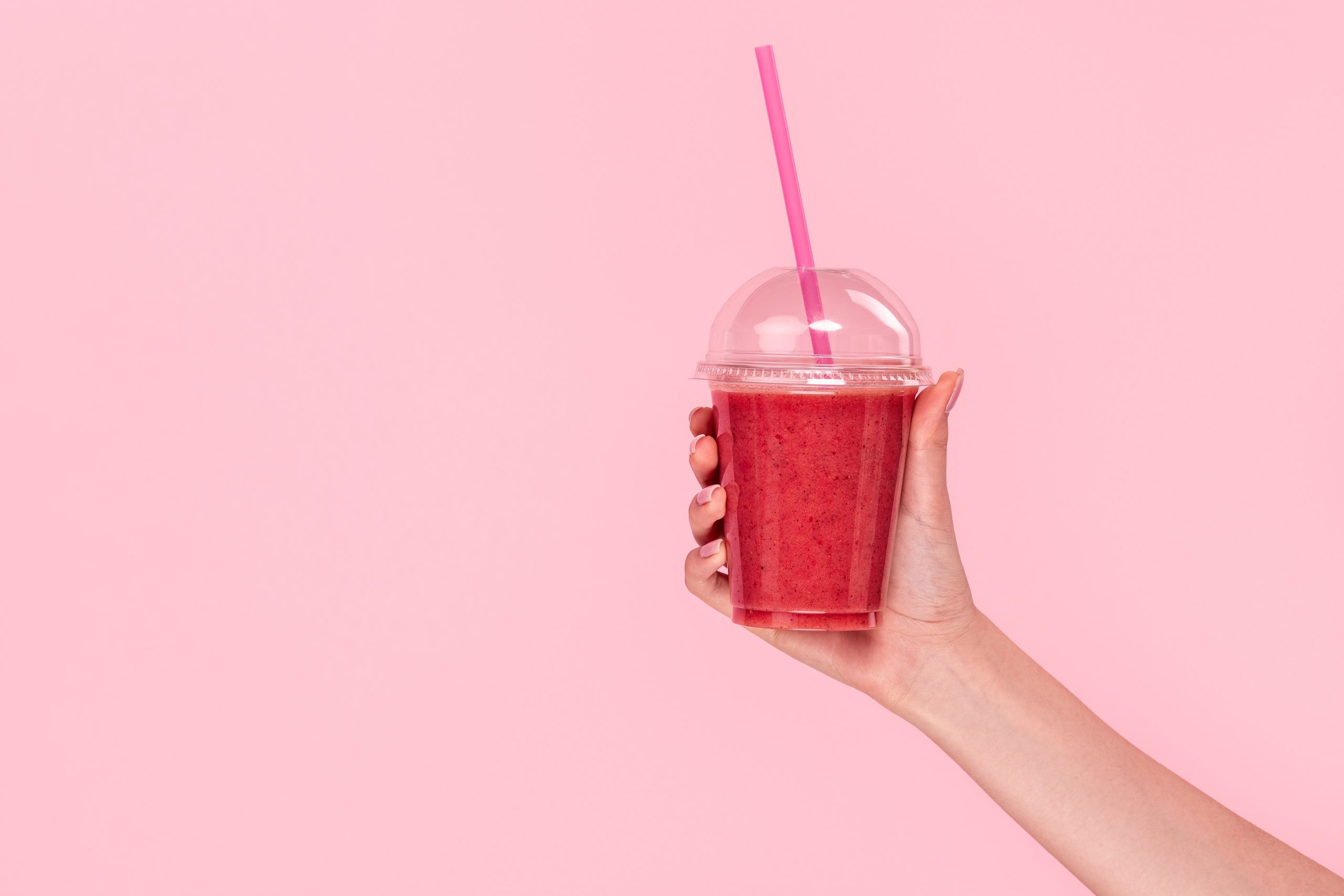What (or who?) is Food Police?
Food police refers to the beliefs or concepts - driven by diet culture - that say we need to place a value on the foods we eat (1). They label foods as “good”, “bad”, “clean”, etc.
The food police can come in many forms including media, friends and family – even the voice in your head telling you not to eat that cookie (2). It is important to remember that:
you are NOT your thoughts or your beliefs! Rules and thoughts are a byproduct of your mind — not a direct experience from your body”. (1)
In order to truly practice intuitive eating, we need to get rid of the rules around food that lead to restriction, deprivation, guilt and judgment. Many of these rules don’t even make sense or have research to support them! (3) Some of the messages the food police might send include:
- Don't eat that dessert, you haven’t worked out today!
- You’ve already eaten so much, how can you still be hungry?
- Good job not finishing that big bowl of pasta!

These thoughts are second nature to so many of us, whether we’re dieting or not, and they typically lead to feelings of guilt and shame. It is important to remind ourselves that there is no moral value attached to food, so it can’t make us “good” or “bad” (1). We need to eat to survive, and we should be able to enjoy it without feeling guilty or trying to fit into diet culture’s “one size fits all” mentality (2).
By challenging (and getting rid of!) the food police, we are tuning into our own needs and satisfaction and learning to trust our bodies.
Do you have “food rules” that you feel you need to follow?
Maybe it's: No eating after 6 pm; Only vegetables at dinner; or Abstaining from sugar.
This week, try eating the foods that you really want to, and identify any thoughts that come up. See if you can re-frame these thoughts!
For example, instead of: “Oh no, I ate a giant piece of cake!” try thinking: “Wow, that cake was delicious. I really enjoyed every bite!”
BEFORE YOU GO: This program is not a replacement for eating disorder treatment. If you suspect you have an eating disorder, don't hesitate to reach out to our Dietitian (see below), or any other trusted health professional for support and guidance.
Connect with us!
UBCO’s Registered Dietitian is here to help!
And for nutrition tips, recipes, and more, visit the UBCO Food Services Nutrition Blog.








